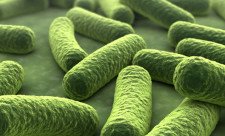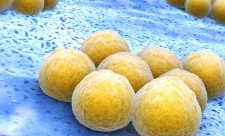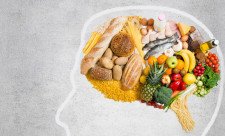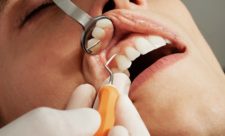
Inside and out, our bodies are teeming with billions of bacteria, in particular in our gut. We know that they are important for our wellbeing. There is a growing scientific effort to see how precisely they impact our lives. This includes the question which influence intestinal microbiota have on our psyche, on how we think and act.
Researchers were able to find proof of a regular gut-brain axis, or gut-brain link. Some authors have even begun to call the gut our ‘second brain’. In a 2015 article, the American journalist Peter Andrey Smith described current research projects and results in what has been called ‘neuro-microbiotics’.
“Microbes and the brain have rarely been thought to interact”, he says in his article. This, however, had changed. Lab tests with germ-free mice, in particular, have resulted in findings which may not be applicable to human biology, but which already demonstrate that there is a clear link between gut flora and infant brain development.
Several studies, including some conducted at US National Institutes of Health or at McMaster University in Hamilton, Canada, are designed to examine the human gut microbiome and draw comparisons to behavioural patterns or medical conditions such as depression. The question of the precise mechanism by which gut bacteria send signals or neurotransmitters to the brain may not have been conclusively answered. Scientists are convinced, however, that their research will deliver these results in the long run.
Source: http://www.spektrum.de/news/die-darm-hirn-achse/1378268
Dieser Post ist auch verfügbar auf: German

 21. Jan 2016
21. Jan 2016 Popular
Popular Recent
Recent Comments
Comments












